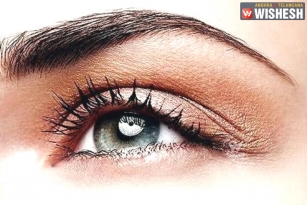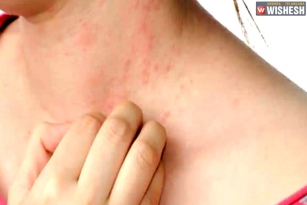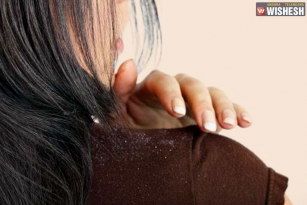
Finally summer is ‘on’… right in the end of February, we are able to experience the power of Sun and also the adverse effects on our skin, after facing the Sun… but, like in any other season, we need to take that extra care for our skin, in summer as well. But how?
Keeping your skin moist is essential to skin protection. Skin that is properly hydrated retains pliability and prevents chapped skin or scaly, flaky skin:
Drink lots of water. This is key to hydrating your skin.
Use the right moisturizing cream or lotion for your skin type and apply it right after drying off from your bath or shower. Avoid products that contain sodium lauryl sulfate, as this ingredient removes natural oils needed by your skin.
Take warm (not hot) showers or baths, and limit them to between 5 and 10 minutes. It seems counterintuitive, but exposure to water actually dries out your skin. If dry skin persists, consider cutting back on the number of baths you take
Cold sores are caused by a viral infection of the skin bordering the lips, while bacteria can contribute to acne and other skin conditions. Practicing skin protection means paying close attention to what touches your skin, to lower your chances of exposure to germs:
Don't share any personal items, such as lip balms or toothbrushes.
Don't share drinks with other people.
Avoid touching your face with your fingers or with objects like telephone receivers that have been used by others.
Washing your face is important to remove dirt, oils, germs, and dead cells. However, scrubbing your face causes irritation that can lead to chapped skin that, in turn, can leave skin vulnerable. For best results, you should:
Wash your face twice daily with warm water and a mild cleanser.
Gently massage your face with a washcloth, using a circular motion.
Rinse thoroughly after washing to remove all soap and debris.
Pat your skin dry — don’t rub — then apply your facial moisturizer.
Pay attention to odd freckles, moles, and growths on your skin, and consult your doctor if you notice any changes. For example, a change in a mole can indicate potential skin cancer. Be sure to treat any cuts that may occur to prevent infection. Other skin conditions that merit a dermatologist visit include frequent acne, inflamed or irritated dry skin, and skin rashes and irritations that don’t go away, as these could be signs of one of the many types of dermatitis, or skin inflammation.
With proper skin care to pamper skin from the outside and with a good diet to nourish from within, skin protection comes down to a few simple steps. But should you ever notice any problems, get medical attention to resolve them quickly and avoid putting your skin at risk.


























